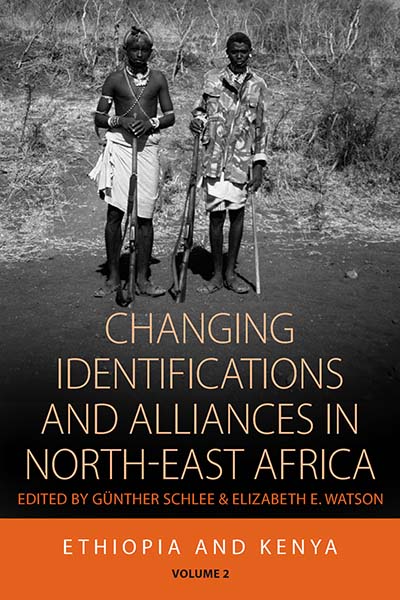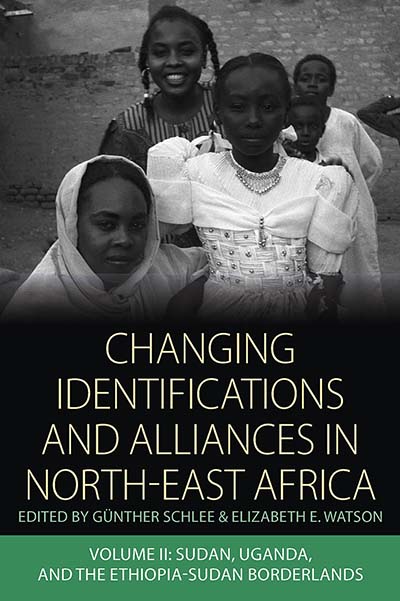
See Related
Anthropology JournalsEmail Newsletters
Sign up for our email newsletters to get customized updates on new Berghahn publications.
The Dream in Islam
From Qur'anic Tradition to Jihadist Inspiration
Iain R. Edgar
178 pages, 2 tabs, bibliog., index
ISBN 978-0-85745-235-1 $135.00/£104.00 / Hb / Published (May 2011)
ISBN 978-1-78533-222-7 $29.95/£23.95 / Pb / Published (April 2016)
eISBN 978-1-83695-715-7 eBook
Reviews
“The book stands out as noteworthy in one respect especially, because the author goes beyond the continual struggle between orientalists and anti-orientalists. One consequence of defining Islamic studies within this vicious circle is that a majority of the current generation of Islamic historians believes that the study of Arabic legal, theological or historical texts from the eighth to the nineteenth centuries is good enough to define ‘native’ Islamic civilisation. Edgar deconstructs that old approach, and brings to the task considerable expertise in social science methodology. Subsequent case studies on dream narratives will benefit immensely from his imagination-based research methods.” • Political Studies Review
“Edgar has brought to light a genuinely important phenomenon with potentially major consequences.” • Journal of Anthropological Research
“Edgar has done us all a tremendous service by devoting his considerable skills as a social anthropologist to the study of this fascinating nexus of dreaming, religion, politics, and interpretive philosophy… The dramatic appeal of Edgar’s book comes with his groundbreaking account as a source of inspiration for Mullah Omar, Osama bin Laden and their militant jihadist followers.” • Dream Time Magazine
Description
The war in the Middle East is marked by a lack of cultural knowledge on the part of the western forces, and this book deals with another, widely ignored element of Islam—the role of dreams in everyday life. The practice of using night dreams to make important life decisions can be traced to Middle Eastern dream traditions and practices that preceded the emergence of Islam. In this study, the author explores some key aspects of Islamic dream theory and interpretation as well as the role and significance of night dreams for contemporary Muslims. In his analysis of the Islamic debates surrounding the role of “true” dreams in historical and contemporary Islamic prophecy, the author specifically addresses the significance of Al-Qaeda and Taliban dream practices and ideology. Dreams of “heaven,” for example, are often instrumental in determining Jihadist suicidal action, and “heavenly” dreams are also evidenced within other contemporary human conflicts such as Israel–Palestine and Kosovo–Serbia. By exploring patterns of dreams within this context, a cross-cultural, psychological, and experiential understanding of the role and significance of such contemporary critical political and personal imagery can be achieved.
Iain R. Edgar (1948-2021) was a Social Anthropologist at the University of Durham, UK. He was the author of Dreamwork, Anthropology and the Caring Professions (Avebury 1995) and Guide to Imagework: Imagination-based Research Methods (Routledge 2004); and coeditor of the Anthropology of Welfare (Routledge 1998), Learning Fields volume I: Educational Histories of European Social Anthropology (Berghahn 2003) and Learning Fields volume II: Current Policies and Practices in European Social Anthropology Education (Berghahn 2004).
Iain Edgar and Abdur-Rahman Abuo-Almajd in dialog about Prophet Muhammad in dreams on Alukah.net




